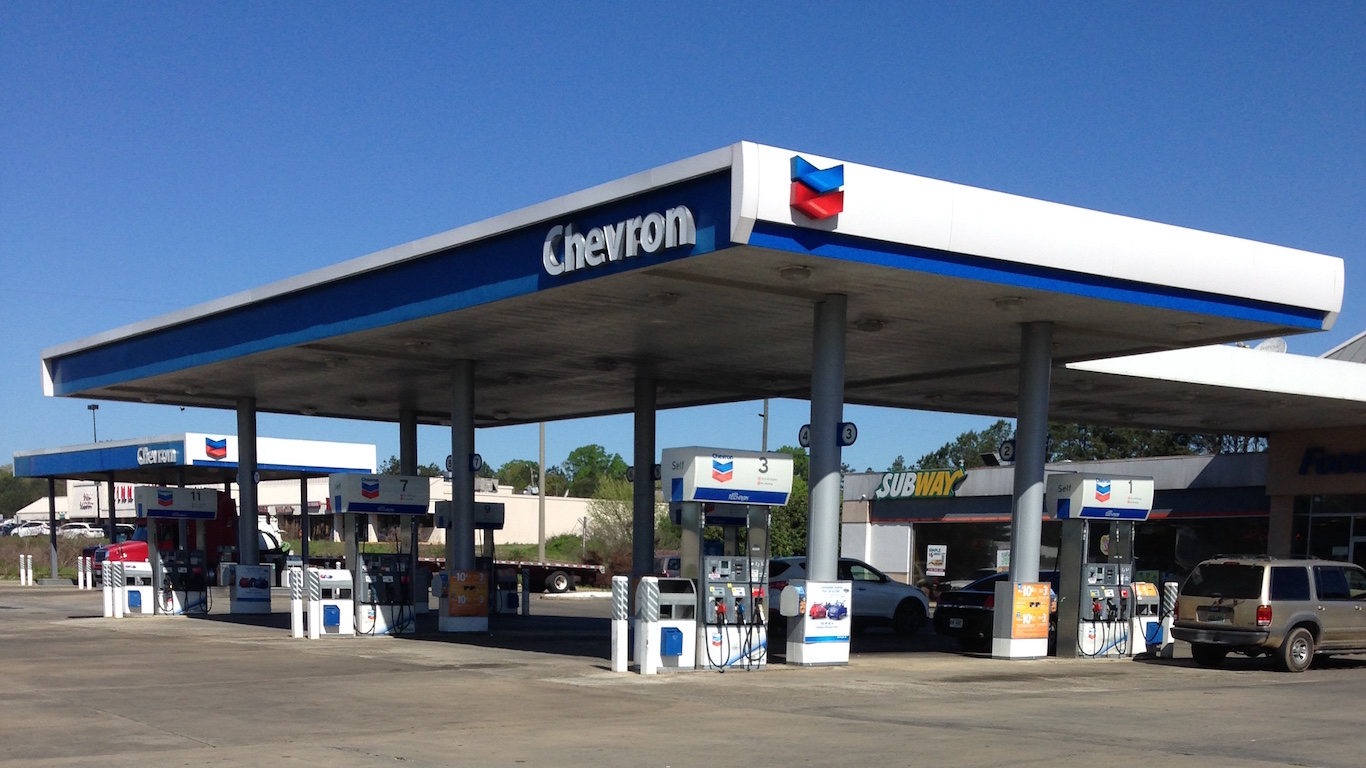
Boeing Co. (NYSE: BA) CEO Dennis Muilenburg on Thursday issued a statement accepting responsibility for the two 737 MAX 8 crashes that killed 346 people. His statement came after the Ethiopian government released a 33-page preliminary report on the Ethiopian Air crash on March 10 that killed 157 shortly after taking off from Addis Ababa. A crash in Indonesia in October killed 189 people on a Lion Air 737 MAX 8.
Muilenburg said, “[I]t’s apparent that in both flights the Maneuvering Characteristics Augmentation System, known as MCAS, activated in response to erroneous angle of attack information.” Then he said, “It’s [Boeing’s] responsibility to eliminate this risk. We own it and we know how to do it.”
As the Ethiopian government’s report made clear, the pilots of the fatal flight followed the aircraft flight manual’s specified procedure to recover from the MCAS automatic anti-stall actions. They shut off the automatic system and manually cranked the control wheel that should have pulled the plane’s nose up. When that did not happen, the pilots re-engaged the MCAS, but it was too late to recover and the plane hit the ground at a speed of between 458 and 500 knots (about 527 to 575 mph).
In his statement, Muilenburg promised that the software update that Boeing is working on “will eliminate the possibility of unintended MCAS activation and prevent an MCAS-related accident from ever happening again.” Whether that will be enough to reestablish confidence in the 737 MAX remains to be seen.
Another question that remains to be answered is how the aviation world will view the Federal Aviation Administration (FAA) once the final reports on the two crashes are in. The FAA has been criticized for being too willing to accept Boeing’s own safety recommendations rather than conducting the agency’s own testing.
At a Senate committee hearing on the crashes, the FAA’s Daniel Elwell defended the agency’s practice of letting aircraft makers like Boeing certify to the safety of the planes they build. Elwell said that the FAA would need 10,000 new employees and a budget increase of $1.8 billion annually to pay for the work now accomplished by the aircraft makers’ own employees.
Since the dawn of passenger transportation by air, the FAA has set the gold standard in aircraft safety. When the agency certified a plane as safe to fly, civil aviation authorities around the world accepted the FAA’s certification virtually without question. Since the Ethiopian Air 737 MAX crash, however, both European Union and Canadian regulators have said they will conduct their own certification programs before allowing the aircraft to fly again. Other national authorities could follow this example, lengthening the time it takes to get the 350 or so planes that are already in airlines’ fleets back flying and to deliver the planes that are stacking up in Boeing’s inventory.
That erosion of trust will hurt Boeing because the extra testing will take time and time is money to Boeing. As in cash flow. While the 737 MAX is grounded, the company cannot deliver the new planes that are rolling off its assembly line at the rate of nearly 50 a month, and until Boeing delivers the planes it doesn’t get paid.
Muilenburg said Thursday that Boeing is nearing completion of its software fix to the MCAS and “anticipate[s] its certification and implementation on the 737 MAX fleet worldwide in the weeks ahead.” At one time that may have been true, but now those weeks could stretch into months.
Boeing’s stock dropped by around 11% following the Ethiopian Air crash, or about $35 a share. As of Thursday’s close, the stock had recovered nearly $28 of that loss to close at $395.86, up nearly 3% for the day. In Friday’s premarket session, the shares traded down about 0.1% at $395.41. The stock’s 52-week range is $292.47 to $446.01. Boeing is scheduled to report first-quarter results on April 24.
Take This Retirement Quiz To Get Matched With An Advisor Now (Sponsored)
Are you ready for retirement? Planning for retirement can be overwhelming, that’s why it could be a good idea to speak to a fiduciary financial advisor about your goals today.
Start by taking this retirement quiz right here from SmartAsset that will match you with up to 3 financial advisors that serve your area and beyond in 5 minutes. Smart Asset is now matching over 50,000 people a month.
Click here now to get started.
Thank you for reading! Have some feedback for us?
Contact the 24/7 Wall St. editorial team.
 24/7 Wall St.
24/7 Wall St.